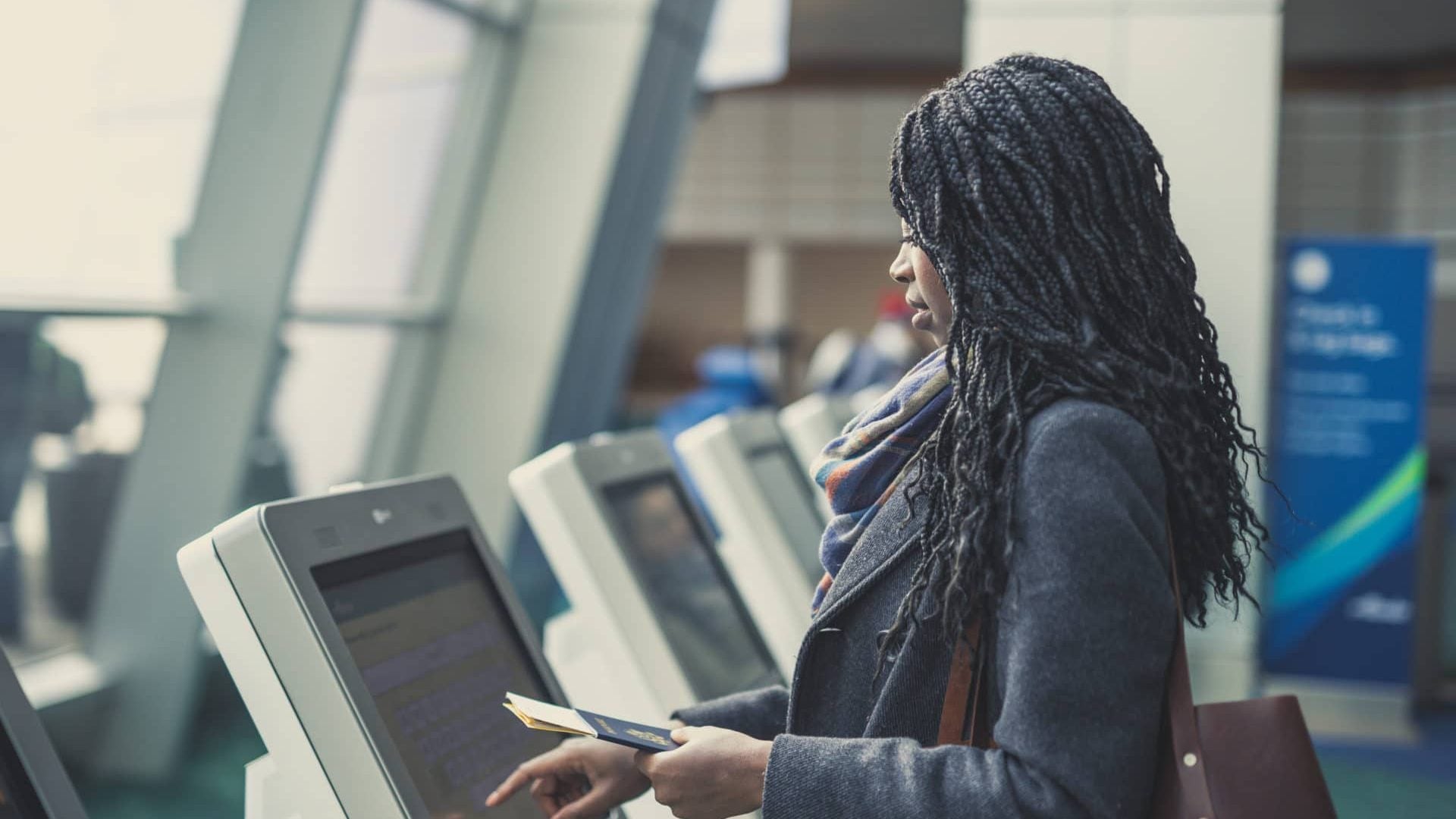
If you’re a Black woman you’ve probably experienced it at least once. You’re strolling through TSA at the airport ready to hit vacation mode hard, when an agent flags you for screening and you have to go through the notorious hair pat down.
The frequency that Black women have been subjected to such searches have raised complaints about possible discrimination, as ProPublica notes. It turns out, though, that it’s not as much about the agents, as it is about the full-body scanners used.
According to the report, the full-body scanners are more likely to give false alarms for the hairstyles popular among Black women.
“With Black females, the scanner alarms more because they have thicker hair; many times they have braids or dreadlocks,” a Texas TSA agent who declined to be named told ProPublica. “Maybe, down the line, they will be redesigning the technology, so it can tell apart what’s a real threat and what is not. But, for now, we officers have to do what the machine can’t.”
The machines are also more likely to give false alarms for passengers who wear turbans and wigs.
The TSA has made a request to vendors asking for ideas “to improve screening of headwear and hair in compliance with Title VI of the Civil Rights Act.”
Another TSA senior official insisted that the hair pat-downs were not meant to be discriminatory, and are only done when the scanner believes that a passenger has an object in their hair.
“I get a hair pat-down every time I travel. I’m a white woman,” the official said. “Procedures require that if there is an alarm on the technology, the pat-down [must] be conducted.”
According to the official, the agency has found no evidence of discrimination in the procedure or any particular pattern at any particular airport.
The TSA does make note on its website about its policy, as it relates to hairstyles, hair products and pat-downs.
“Hair accessories such as bobby pins, metal clips, ties, wraps, and even bows may cause an alarm. This may also include clip-on extensions, wigs, toppers, and certain hair styles such as braids or a hair bun,” the blog post reads. “To avoid any potential delays, it’s best to keep it simple while going through security. You can always style your hair to your liking after you’ve gone through screening and right before you board your flight.”
That being said, ProPublica notes, agents can choose to do hair pat-downs even if the machines give no alert, if “an individual’s hair looks like it could contain a prohibited item or is styled in a way an officer cannot visually clear it.”
This can lead to profiling according to Abre Conner, a lawyer with the ACLU of Nothern California which filed a complaint in 2014.
“When that discretion comes into play, unless there is explicit- and implicit-bias training, that can play out in a way that harms people of color, Black people,” Conner told ProPublica.